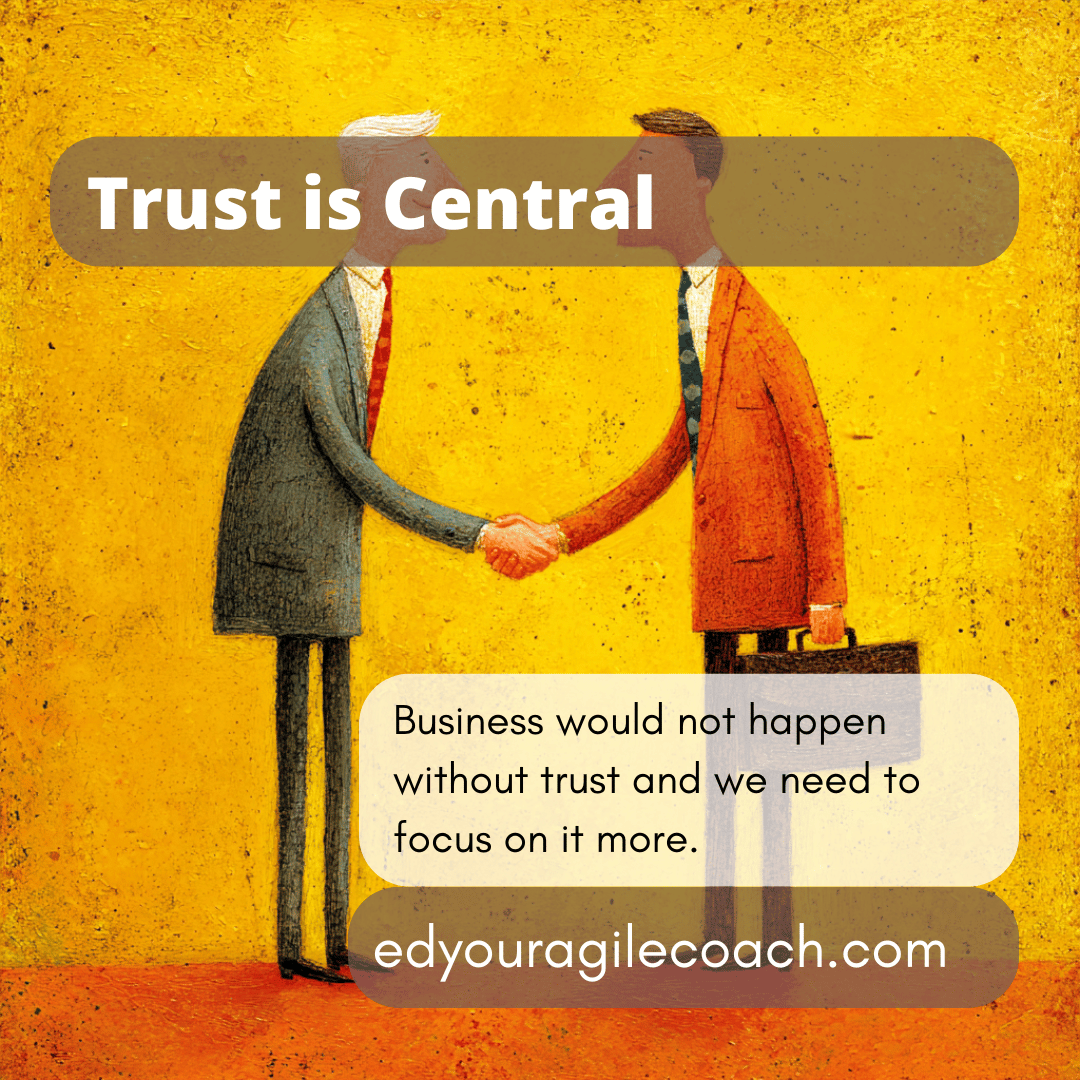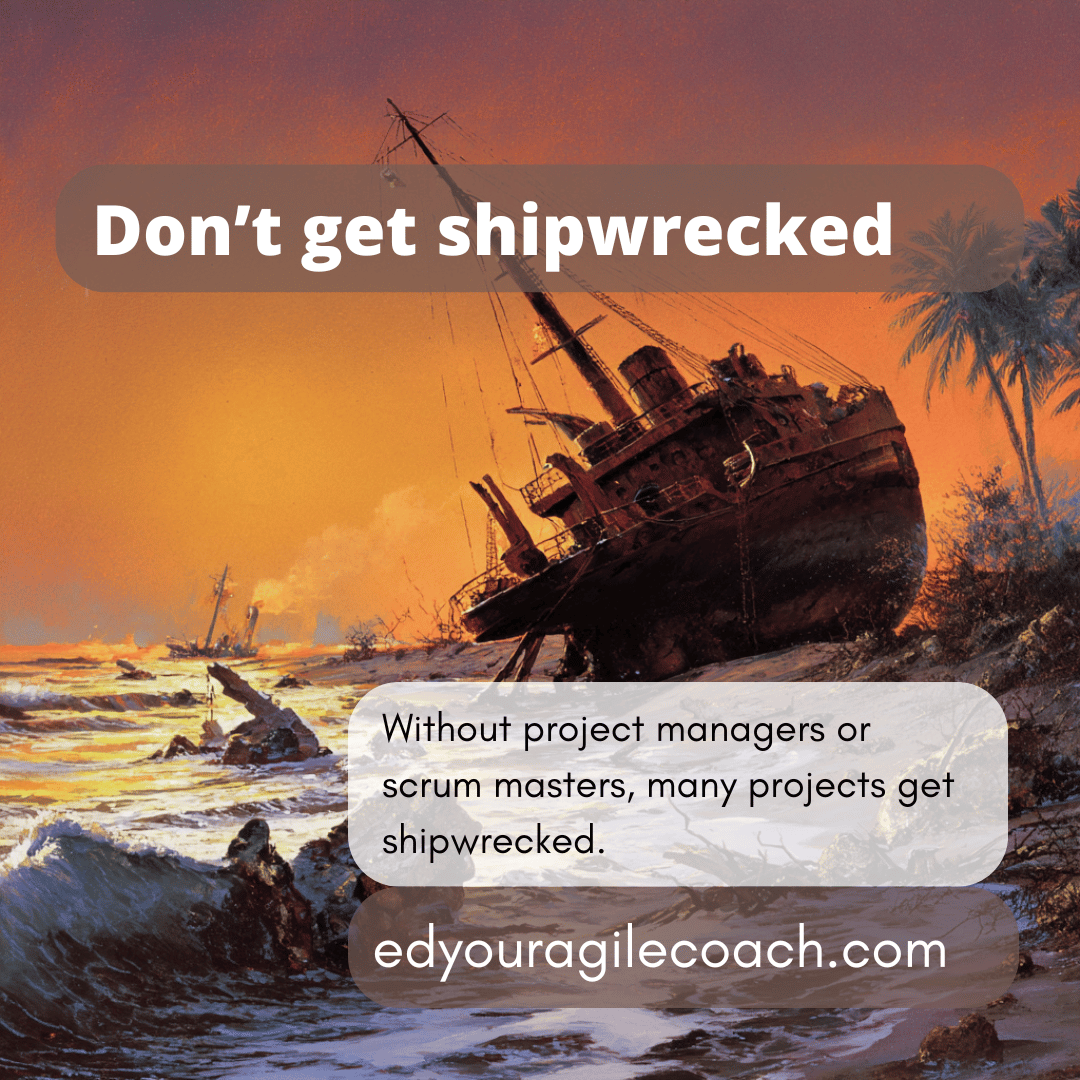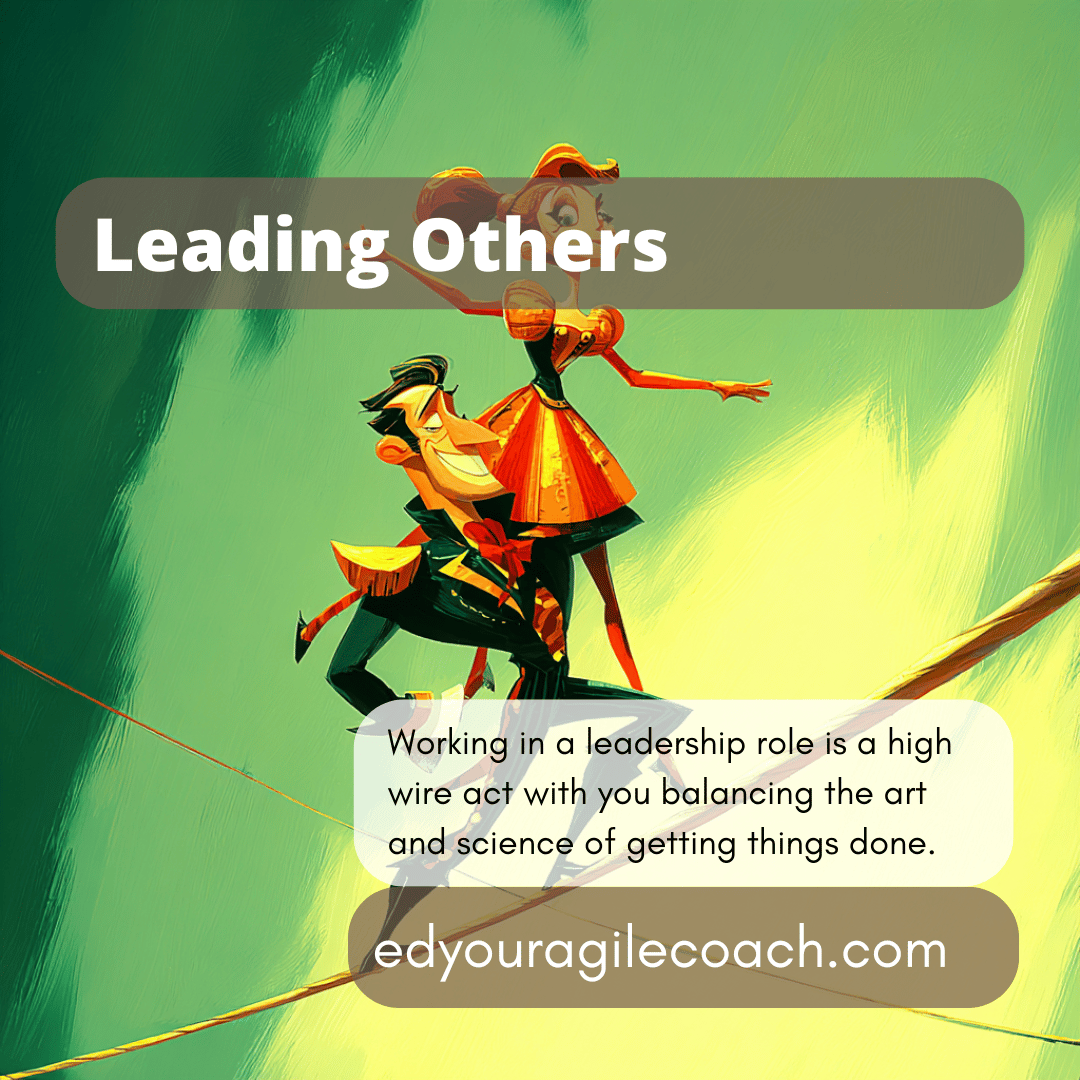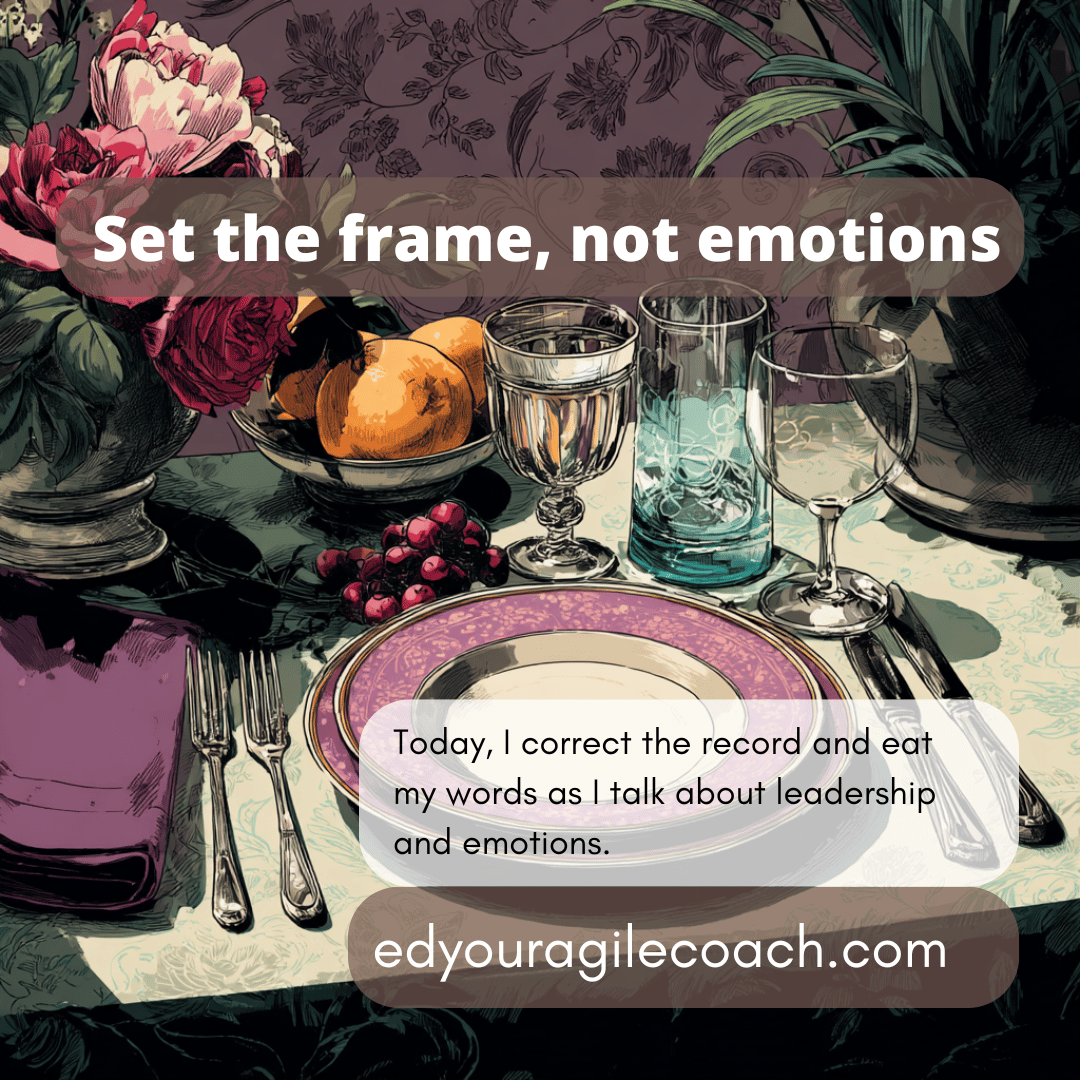In an Age of Disruption, Trust Is Our Most Valuable Currency

Business people spend plenty of time discussing money. The purpose of a business is to create profit that can support the owner's standard of living. If the company issues stock, then it generates mountains of wealth for its investors. It is why money is always front and center for most business people. With the convulsions of the Dot.com crash, the Great Recession, and the aftermath of the COVID-19 pandemic, we are seeing a reappraisal of the nature of business. Many people are talking about businesses delivering value and creating positive experiences. I support this development, but think we are missing a conversation about trust.
Before the invention of money, people used a primitive system of exchange called barter. If someone grew corn and another person raised sheep, they could exchange wool for corn. The amounts of product could fluctuate or halt altogether because each of the people involved in the transaction understood the needs of the other, and since they lived nearby, could conduct a trade at any time. Since people in larger communities didn't use the same products, direct bartering became difficult; as a result, trades often relied on a chain of exchanges, where someone might trade corn for wool and then use the wool to get steel.
The invention of money attempted to correct this problem by stabilizing the price of goods and services, while the value of the money would stay fixed, pegged to a precious metal. Since the production of the first coins, money has evolved to become more abstract and plentiful. Venetian merchants were shocked that the Mongols used paper money. Checks, formalized in the aftermath of the American Civil War, are still treated with suspicion in particular circles. I am curious what people will say about cryptocurrency a century from now.
Americans once measured immense wealth in millions during the First Gilded Age, but today, we measure it in hundreds of billions. The frantic rush to build out the infrastructure of Artificial Intelligence is a desire to create the first people to possess trillions in wealth. The money may be more abstract, but the desire to earn and hoard remains the central desire of many people. I am not foolish enough to ignore that money does make the world go around, but my experience has shown me that there are other factors just as important. We do not discuss trust enough in business contexts.
Trust is the belief that a person or business will act in a reliable, honest, and ethical manner. If you sign a contract, you honor the terms of the agreement. When you purchase something, you must pay the agreed-upon price. People expect everyone to keep their promises and will punish those who violate their trust by ostracizing them. It is a system based on norms and people acting in good faith with each other. If you cannot trust the person you are doing business with they you will not do business with them in the future.
Today, the business world is rife with stories of broken trust. The Libor scandal showed how bankers could use inside information to enrich themselves. Tobacco companies knew their product caused cancer, and Ken Lay, as chairman of Enron, deliberately lied to shareholders. In each instance, the staggering amount of money involved undermined integrity and created a corrupt situation that eventually undermined trust. Once lost, trust is difficult to regain. Enron is bankrupt, and people still look at the Libor index with suspicion.
Trust begins on the individual level and then radiates out to the larger organization. People do what they say and say what they do. Contracts are negotiated in good faith and carried out. Eventually, a handshake is as good as a signature, and people consider your organization the gold standard to conduct business. I understand that it's challenging to implement this approach when revenue fluctuates and the global economy feels like it's being turned upside down daily. Yet, it is something that business people should aspire to.
A common insult of politicians during the 1960s was, "…would you buy a used car from this person?" The implication was that the elected official was less trustworthy than a used car salesperson working on straight commission. Today, with celebrities shilling bogus crypto schemes and political leaders mixing business interests with foreign policy, the insult feels quaint.
We need more trust in business, and that process begins with us. So instead of spending our time talking about money, which is a lagging indicator of business success, we should spend time discussing trust, which will lead our organizations forward in the next century.
Until next time.




Comments ()